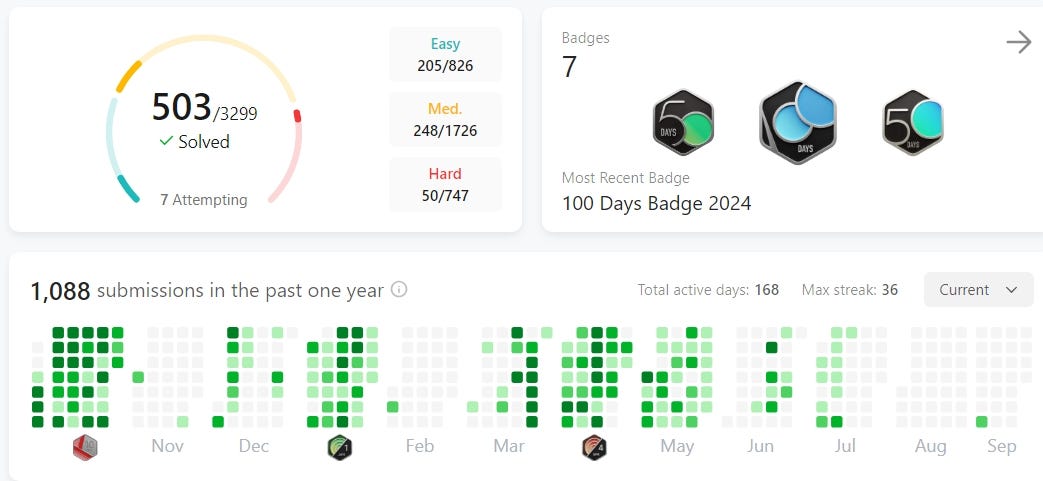Preparing for Data Structure and Algorithms Interviews: A Developer's LeetCode Journey
This article, structured as a personal narrative, recounts a developer's experience preparing for DSA interviews.
The author shares their decision to switch jobs in late 2023 and the subsequent encounter with a Google recruiter who emphasized a DSA round for the interview. Recognizing the need to brush up on their skills, the author decided to postpone the interview to dedicate time for preparation. The article highlights the importance of platforms like LeetCode for coding interview practice.
Although incomplete, the article suggests a focus on the author's personal journey of utilizing LeetCode to prepare for DSA interviews, particularly targeting companies like Microsoft and Google. The emphasis on the platform and its role in refreshing DSA knowledge underscores the challenging nature of these technical interviews.
Özeti Özelleştir
Yapay Zeka ile Yeniden Yaz
Alıntıları Oluştur
Kaynağı Çevir
Başka Bir Dile
Zihin Haritası Oluştur
kaynak içeriğinden
Kaynak
code.likeagirl.io
Why 500 LeetCode Problems Changed My Life
Önemli Bilgiler Şuradan Elde Edildi
by Surabhi Gupt... : code.likeagirl.io 09-28-2024
https://code.likeagirl.io/why-500-leetcode-problems-changed-my-life-3b4d5b366508
Daha Derin Sorular
